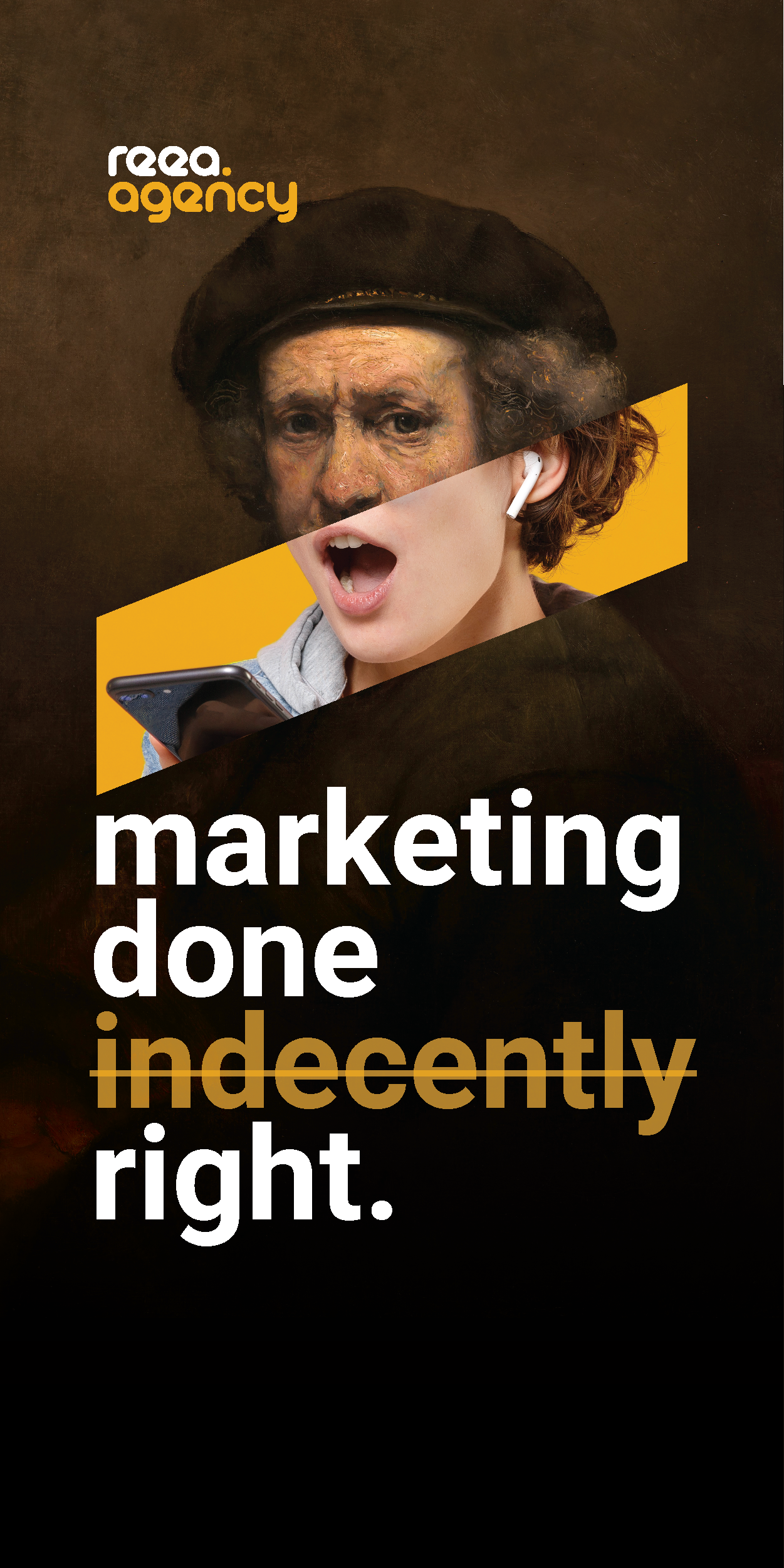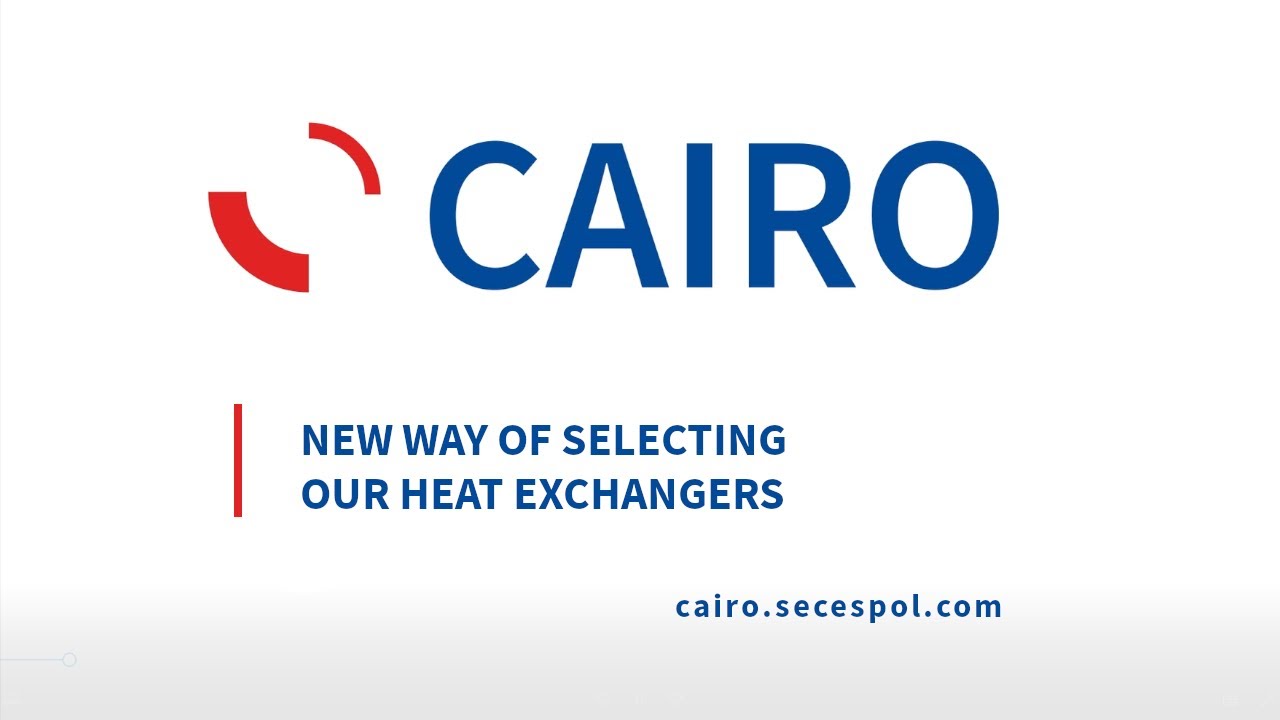EU introduces more efficient monitoring of drinking water for better protection of public health

New EU rules to improve the monitoring of drinking water across Europe come into force, improving access to wholesome and clean drinking water in Europe
As a first step following the European Citizens` Initiative Right2Water, new rules adopted by the Commission today provide flexibility to Member States as to how drinking water quality is monitored in around 100 000 water supply zones in Europe. This will allow for more focused, risk-based monitoring, while ensuring full protection of public health.
Commissioner Vella said: "High-quality, safe drinking water is essential for well-being and public health, so we need to ensure high standards across the Union. This new monitoring and control system allows us to reduce unnecessary analyses and concentrate on controls that really matter."
This amendment of the Drinking Water Directive is a response to calls by citizens and the European Parliament to adopt legislation ensuring a better, fair and comprehensive water supply. It allows for an improved implementation of EU rules by Member States as it removes unnecessary burdens. Member States can now decide, on the basis of a risk assessment, which parameter to monitor given that some drinking water supply zones do not pose any risk for finding hazardous substances. They can also choose to increase or reduce the frequency of sampling in water supply zones, as well as to extend the list of substances to monitor in case of public health concerns.
Flexibility in the monitoring of parameters and the frequency of sampling is framed by a number of conditions to be met, to ensure protection of citizens` health. The new rules follow the principle of `hazard analysis and critical control point` (HACCP), already used in food hygiene legislation, and the water safety plan approach laid down in the World Health Organisation`s (WHO) Guidelines for Drinking Water Quality.
Member States have two years to apply the provisions of this new legislation.
The Commission is also currently evaluating the Drinking Water Directive. Results of the public consultation are available here.
Background
The Drinking Water Directive, introduced in 1998, requires a regular review of its Annexes. This amendment has been the first and essential adaptation to scientific and technical progress to date.
The Evaluation of the overall Directive is included in the Commission`s Working Plan "A new Start" 2015 as part of the wider response to the European Citizens` Initiative Right2 Water. The evaluation study will be finalised by the end of 2015.
For more information
Project website of the evaluation study
Welcome to the study supporting the revision of the EU Drinking Water Directive
The European Commission requested the study team to evaluate the Drinking Water Directive and to assess its impact. The main objective of the Study is to support a possible revision of the EU drinking water policy and the current Drinking Water Directive[1].
The study consists of two main parts:
1. An ex post evaluation of the Drinking Water Directive and drinking water policy to assess whether the legislation is fit for purpose and achieving its objectives (Tasks .1, 2 and 3)
2. An ex ante impact assessment of future policy options for renewing the Drinking Water Directive (Tasks 5 and 6). In this assessment a baseline scenario will be developed against which different possible alternative policy scenarios will be assessed in terms of environmental, health, social and economic impacts. A dedicated task (Task 4) on scoping and testing Drinking Water Health Risks will inform the ex-ante impact assessment.
The partner companies Ecorys, Alterra, ACTeon and the Regional Environmental Center for Central and Eastern Europe (REC) have joined forces to conduct this study. In addition, KWR has joined the consortium, to provide expert knowledge on water quality and health effects. A more detailed description of the expertise of the various consortium partners is presented under section `The Team`.
The consortium partners have brought together a strong and enthusiastic team. Within the team complementary expertise is present, combining thorough knowledge, on EU water policy and health issues in relation to drinking water, and skills such as evaluation, modeling, stakeholder consultation and impact assessment.
Ecorys is the leading partner for this study and provides the team leader (Erik Klaassens) with strong management skills. Ecorys will also be responsible for Quality Assurance of all parts of the project.
[1] The Study was commissioned by the European Commission in the context of the Multiple Framework Service Contract ENV.F.1.FRA/2010/0044


















